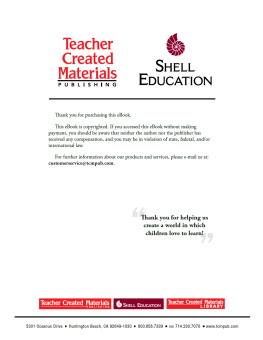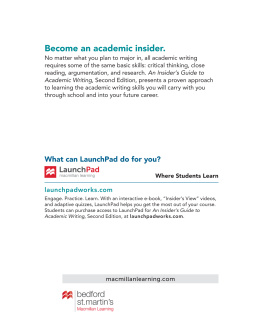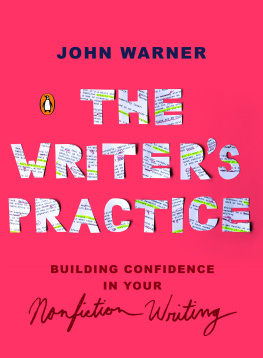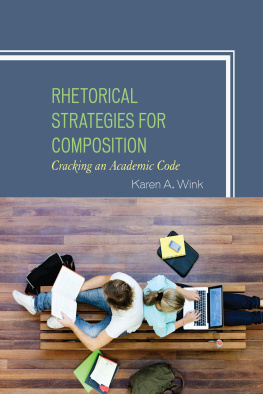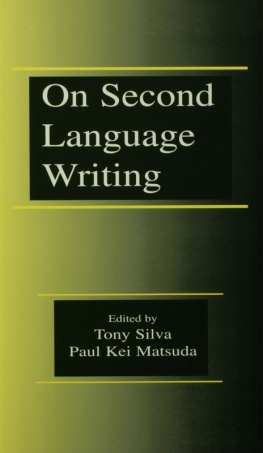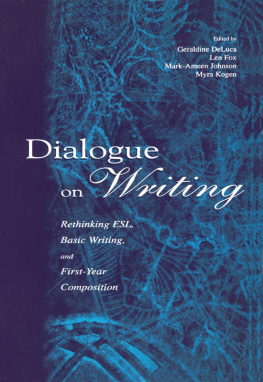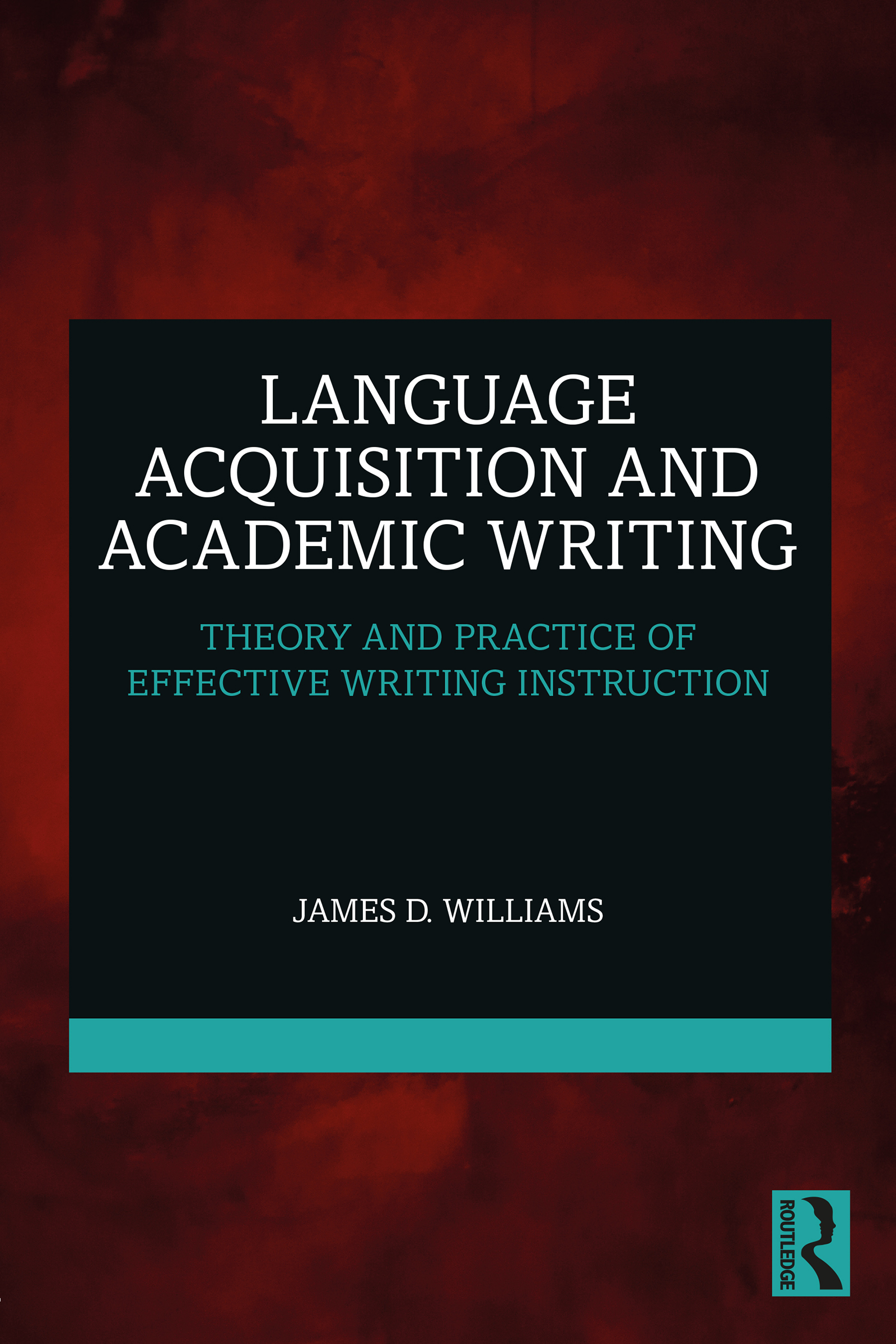
Language Acquisition and Academic Writing
An important contribution to the scholarship on student writing and composition theory, this book presents a new approach to writing instruction based on linguistic research and theory. In this book, leading scholar James D. Williams explores the historical failures of composition studies and the need for effective writing instruction to be grounded in the immersive principles of language acquisition.
Starting with an indictment of the historical failures of composition studies to teach students how to become competent writers, the book moves beyond the current flawed theories and practices to introduce a new way forward to improving students writing skills. Accessible and jargon-free, Williams skillfully explains how students must be immersed in target dialects and registers, with access to a range of authentic texts, to become effective writers of academic discourse. Chapters include authentic writing samples from the disciplines, including life and applied sciences, social sciences, and humanities.
Essential for preservice and practicing teachers of writing, as well as scholars in composition and literacy studies, the book demonstrates how language acquisition is a necessary foundation and provides a road map to improving students writing proficiency.
James D. Williams is Professor of Rhetoric and Linguistics at Soka University, USA.
Language Acquisition and Academic Writing Theory and Practice of Effective Writing Instruction
James D. Williams

Cover image: Getty Images
First published 2023
by Routledge
605 Third Avenue, New York, NY 10158
and by Routledge
4 Park Square, Milton Park, Abingdon, Oxon, OX14 4RN
Routledge is an imprint of the Taylor & Francis Group, an informa business
2023 James D. Williams
The right of James D. Williams to be identified as author of this work has been asserted in accordance with sections 77 and 78 of the Copyright, Designs and Patents Act 1988.
All rights reserved. No part of this book may be reprinted or reproduced or utilised in any form or by any electronic, mechanical, or other means, now known or hereafter invented, including photocopying and recording, or in any information storage or retrieval system, without permission in writing from the publishers.
Trademark notice: Product or corporate names may be trademarks or registered trademarks, and are used only for identification and explanation without intent to infringe.
Library of Congress Cataloging-in-Publication Data
Names: Williams, James D. (James Dale), 1949- author.
Title: Language acquisition and academic writing : theory and practice of effective writing instruction / James D. Williams.
Description: New York, NY : Routledge, 2023. | Includes bibliographical references and index.
Identifiers: LCCN 2022025544 (print) | LCCN 2022025545 (ebook) | ISBN 9781032358765 (hardback) | ISBN 9781032321509 (paperback) | ISBN 9781003329138 (ebook)
Subjects: LCSH: Academic writing--Study and teaching--United States. | Report writing--Study and teaching--United States. | English language--Rhetoric--Study and teaching--United States. | English language--Composition and exercises--Study and teaching--United States. | English language--Acquisition.
Classification: LCC P301.5.A27 W55 2023 (print) | LCC P301.5.A27 (ebook) | DDC 808/.0420711--dc23/eng/20220913
LC record available at https://lccn.loc.gov/2022025544
LC ebook record available at https://lccn.loc.gov/2022025545
ISBN: 978-1-032-35876-5 (hbk)
ISBN: 978-1-032-32150-9 (pbk)
ISBN: 978-1-003-32913-8 (ebk)
DOI: 10.4324/9781003329138
Typeset in Bembo
by SPi Technologies India Pvt Ltd (Straive)
This book is dedicated to my lovely daughters, Sarah Elizabeth and Emily Sophia Williams and to Natalya, who is special.
Preface
Over the last couple of decades, writing instruction has developed into what is often referred to as composition studiesor, in some places, writing studies. The field includes not only writing pedagogy but also assessment, tutoring, administration, and writing center procedures. The central component, however, remains writing pedagogy.
In many instances, a childs writing instruction begins in the home, with parents and caregivers teaching their 3- or 4-year-olds how to write their name. In other instances, it begins in kindergarten and then continues through public school and into required undergraduate writing courses. Stated simply, students in the United States arguably receive more instruction in writing than in any other educational subjectmore than reading, math, and science combined. To understand why we devote so much attention to writing, we need to understand that writing is a social action, with all the implications that entails. In a modern society, writing ability, as much as speaking ability, can be vital to social, as well as economic, success.
Nevertheless, when we examine how writing is taught in our schools and universities, we find little emphasis on writings social nature. Instead, the general tendency is to focus instead on the writer, with writing commonly viewed as an act of self-reflection and self-discovery. Why instruction has this focus is an important topic in this book, but more important is that the ability to write successfully for school assignments and workplace assignments is based on the principles of language acquisition.
Both anecdotal and formal evaluations indicate that instruction has little effect on actual performance. For decades, policy makers and educators outside composition studies have asked why years of writing instruction fail to produce competent writers. Those of us inside the field regularly hear complaints from our colleagues across our campuses whenever we have an interdisciplinary meeting. Why cant my students write a biology lab report, one will ask, or My students turn in papers that fail to analyze the assigned reading and fail to state a conclusion, declares another. Some of us dismiss such complaints, using a variety of defense mechanisms to deny the ability of those who make them to differentiate good writing from bad. Others blame our public schools for sending us dross rather than gold.
Business leaders also complain and have for years protested the inability of college graduates to write anything resembling readable prose (e.g., CNBC, , p. 1).
The failure of composition studies to teach writing is also well documented in the data from the National Assessment of Educational Progress (NAEP). Specifically, the billions of dollars in funding and various federal intervention programs have not improved the writing performance of US students one jot. Indeed, it has remained static during some periods and gone down in others. Since the US Department of Education began assessing students in the early 1970s, we have never obtained any data indicating that student writing performance has gone up.
In this context, also represents the last time the US Department of Education provided clear longitudinal data on student performance. To mask the negative results, the Department abandoned this reporting method owing to the fact that the graphs readily showed a lack of significant improvement in any assessment area.
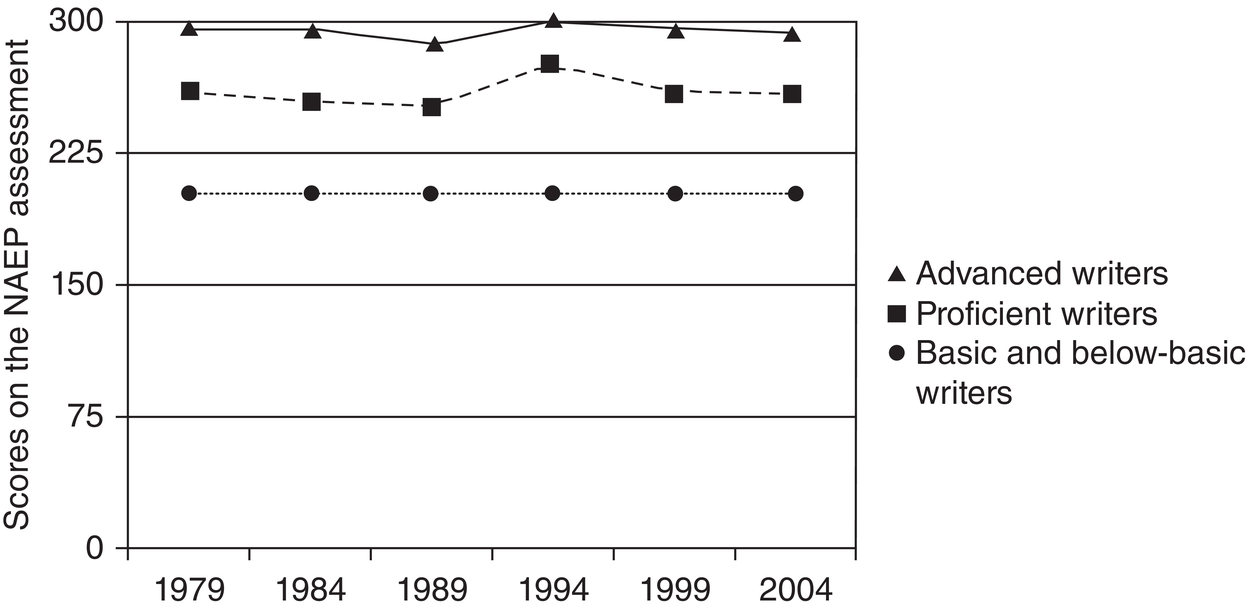 Next page
Next page


